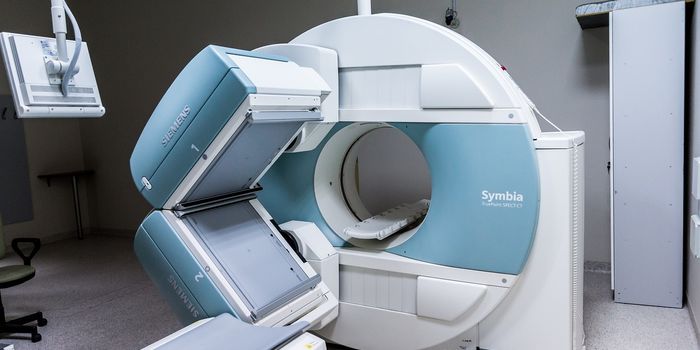Survivors of Obesity-Related Cancers Benefit from Healthy Lifestyle Modifications
In March 2022, the American Cancer Society published nutrition and physical activity recommendations for cancer survivors. A team of experts prepared the guidelines for healthcare providers, as well as cancer survivors and their families, empowering them to take an active role in their health. This report focused on evidence-based, cancer-specific guidelines for optimal body mass index (BMI), level of physical activity, diet, and alcohol consumption that would reduce recurrence and cancer-specific mortality.
However, the 2022 guidance did not fully account for the impact of adherence for survivors with obesity-related cancers. To address this discrepancy, a team of researchers followed patients diagnosed with obesity-related cancers between 1992 and 2002. The researchers recently published their results in the Journal of the National Cancer Institute, highlighting the benefits to adhering to the guidelines..
Obesity-related cancers include a variety of malignancies linked to obesity. Examples of obesity-related cancers include breast, colorectal, esophageal, kidney, gallbladder, uterine, pancreatic, and liver cancer.
The study identified 3,742 survivors of obesity-related cancers, and on average, the study followed participants for about 16 years. During the follow-up period, 2,430 deaths occurred. The researchers noted each participant’s BMI, physical activity, diet, and alcohol consumption and generated a score on a scale of 0 to 8, where 8 indicated the highest level of adherence to the 2022 guidelines. This scoring system allowed the researchers to compare the outcomes of participants with different levels of adherence to the guidelines.
The analysis revealed that cancer survivors with the highest scores exhibited a 24% lower risk of overall mortality, and a 21% lower risk of cancer-specific mortality compared to those with the lowest scores. Healthy BMI and high physical activity are directly related to lower mortality.
Finally, the study assessed the consistency of healthy behaviors. Survivors with low scores, both before and after diagnosis, had a higher risk of overall mortality than those with high scores before and after diagnosis. However, those survivors who improved their score after diagnosis could lower their risk of overall mortality.
The authors conclude that lifestyle modifications in line with the American Cancer Society nutrition and physical activity guidelines can extend survival for survivors of obesity-related cancers.
Sources: CA Cancer J Clin, J Natl Cancer Inst, Cancers









